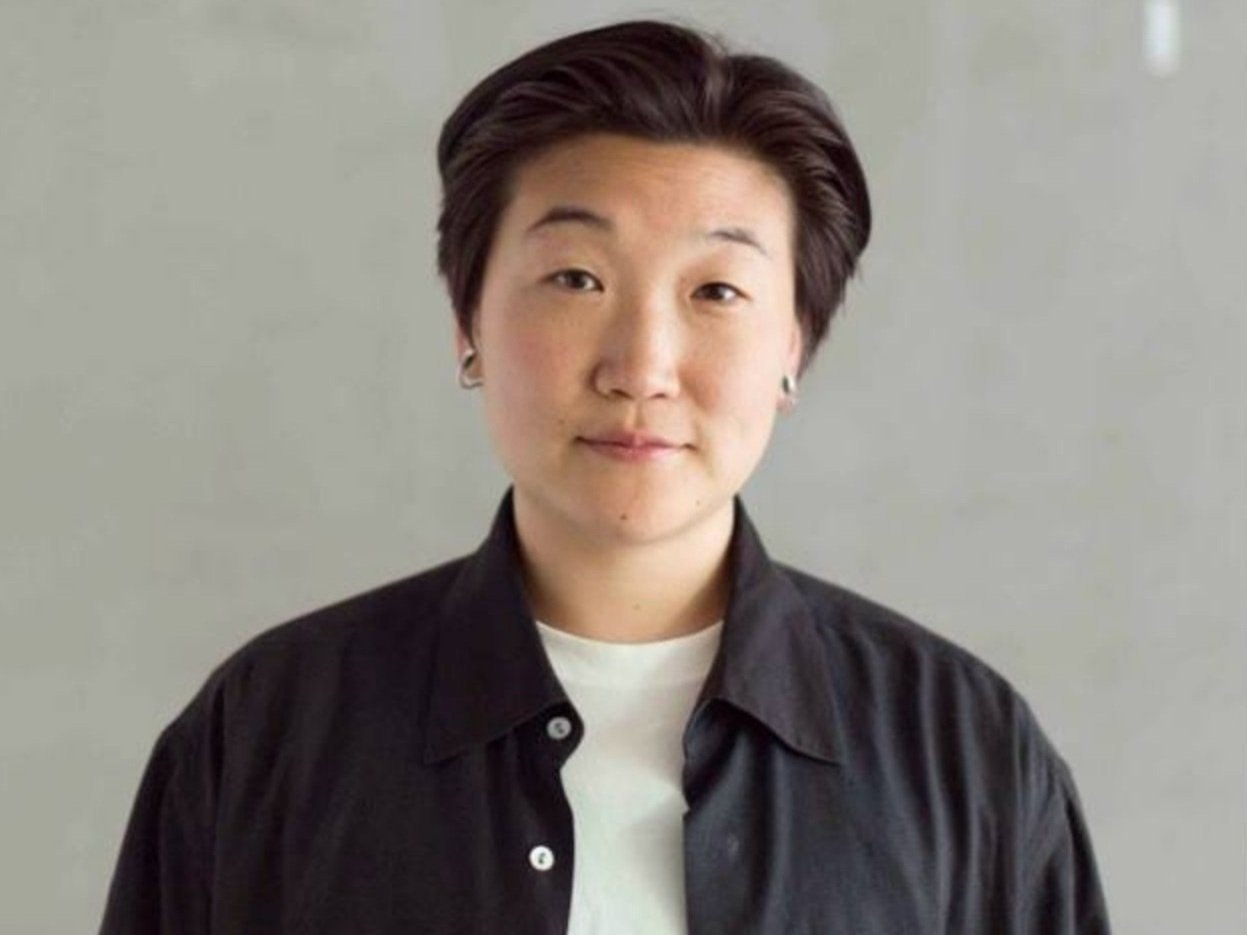NEWS
Meet an innoFaither: Brittany Koteles
Meet Brittany Koteles, Co-Founder and Director of Land Justice Futures, where she accompanies religious communities to discern choices for their land that promote racial and ecological healing. Brittany, who lives two blocks away from Lake Michigan in Milwaukee, WI, thoughtfully embraces tradition and innovation in her quest to live out love and support others to do the same. A community of Catholic sisters that Brittany and her team accompanied recently returned land to a Native nation, the first land transfer of its kind from a Catholic order.
Spotlight on Solutions: Innovation for Creation
As the climate crisis deepens, it’s easy to feel overwhelmed. But faith communities remind us that despair is not the only option—hope, action, and solidarity are also possible. Faith leaders, through their trusted roles in their communities, are educating, mobilizing, and inspiring people to action, helping communities see climate change as both a moral crisis and a solvable one. From congregations going green to chaplains helping people navigate climate grief, spiritual traditions offer both courage and wisdom for this moment.
2025 Faith Trends to Watch
It’s an incredibly dynamic time for the faith sector. From the pandemic abruptly shaking up existing models and strategies, to religious nationalism planting a flag on the political stage, to the Israel/Gaza war straining interfaith relationships globally, to a range of longer-term dynamics in the sector, including the continued growth of the religiously unaffiliated demographic in the U.S., the first half of the 2020s have seen the good, the bad, the ugly, and everything in-between.
Continue reading to explore a few faith sector trends we’re watching as we head into the second half of the decade. They give us great optimism for the future of faith.
Insights for Change: Unleashing Our Spiritual Imagination
Faith & Philanthropy, an exploratory joint grantmaking initiative that aims to shape “a philanthropic landscape that embraces the transformative potential of spirituality and faith to address the pressing challenges of our time,” recently released a Spiritual Imagination report featuring twelve grantees rooted in various spiritual traditions that are leveraging faith and spirituality for social impact.
Insights for Change: Liberate leadership from the pyramid
Like every institution in the 21st century, religion today confronts existential questions about its future, uncertain of its place in an era where trust in institutions has eroded and traditional hierarchical organizational structures have started to flatten. The formerly reliable foundations of our religious life feel insecure–for no one more than clergy, who are largely trained to be solo, prophetic leaders of congregations. But in this uncertainty lies possibility. A new book by two religious leaders, Rev. Kathleen McShane and Rabbi Elan Babchuck, will help clergy, and all faith-rooted leaders, embrace the liberating opportunity this current moment provides. It’s time to adopt a new form of leadership, free of the burdens of pyramid-shaped empire that have shaped our past.
Insights for Change: Weaving networks
Houston, we have a problem. The complexity of the issues we face, both global and local, are simply too great for any one person or organization to take on alone. And yet, the systems in which we operate tend to incentivize heroic leadership, organizational competition for funding, and transaction over relationship. The good news? There's a different way if we shift our frameworks, incentives, and approaches: cultivating networks.
Meet an innoFaither: Sandy Hong
Meet Sandy Hong, Assistant Director at Glean Network and Steering Committee Member of KQTx. Sandy is a wise and skilled innovator and community-builder who we’ve had the privilege to get to know through an innoFaith partnership with Glean Network.
Are we adapting and leading or just waiting it out?
They say a crisis reveals who you really are. And sometimes, we don’t like what we see. This might be the case for faith institutions in the current crisis. We should hope that it is.
Ecotheology's time
Many faith traditions have long been rooted in a relationship with the Earth—particularly indigenous traditions, but also others, such as Jainism. And some early advocates of the environment and animal welfare were inspired by faith—such as Francis of Assisi and Buddhist emperor Ashoka. Yet the concept of ecotheology has developed largely within the last half century or so as the world has had to come to terms with the ecological destruction wrought by human society. Ecotheology looks at the relationship between religion and nature and seeks to find solutions to the current environmental crisis.
Hope for the planet: A teenage indigenous environmental leader shows us what's possible
One of our favorite stories is that of teenager Xiuhtezcatl Martinez, who, inspired by his Aztec heritage, became an environmental leader at age 6. Through Earth Guardians, Xiuhtezcatl has been empowering other young people to become leaders in the proactive defense of our planet. He not only inspires us that we can change the course of climate change but reminds us that supporting young people means rooting them in community and faith but also giving them the space and encouragement to lead us with their ideas and passion.
Rooted in context and beliefs on the Pine Ridge Indian Reservation, a community transforms itself
Social innovation requires deep contextual understanding to shape solutions that will have a sustainable impact. In this story in the Huffington Post, listen to Nick Tilsen talk about how he rooted himself in his home community on the Pine Ridge Indian Reservation and is helping the community create its own future, deeply connected to its own history and spirituality.











